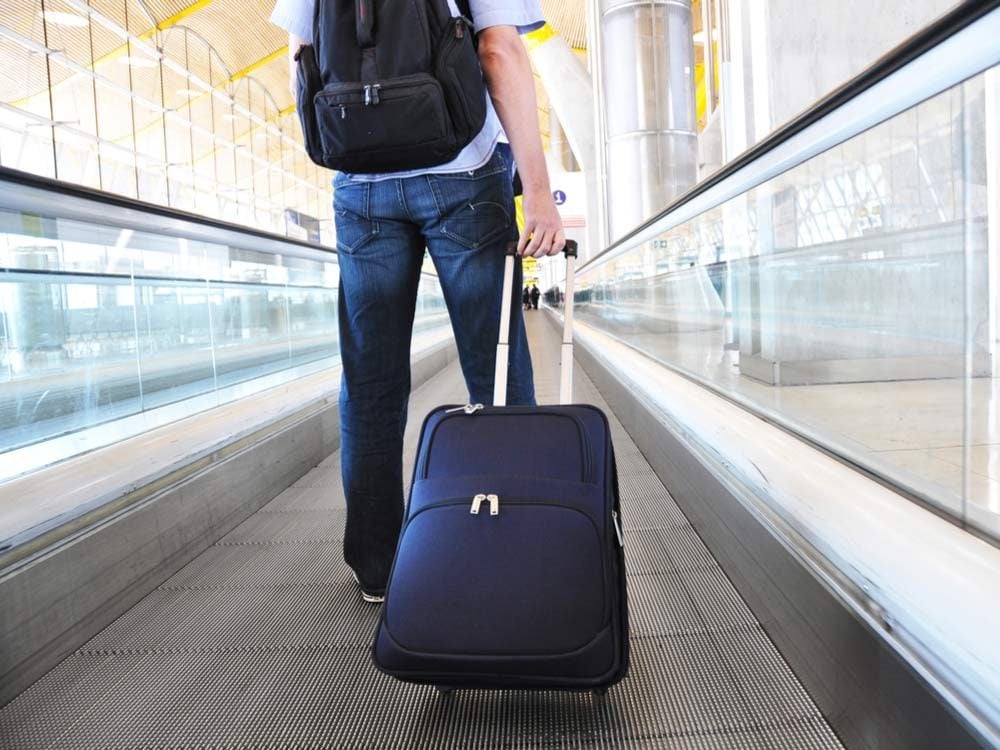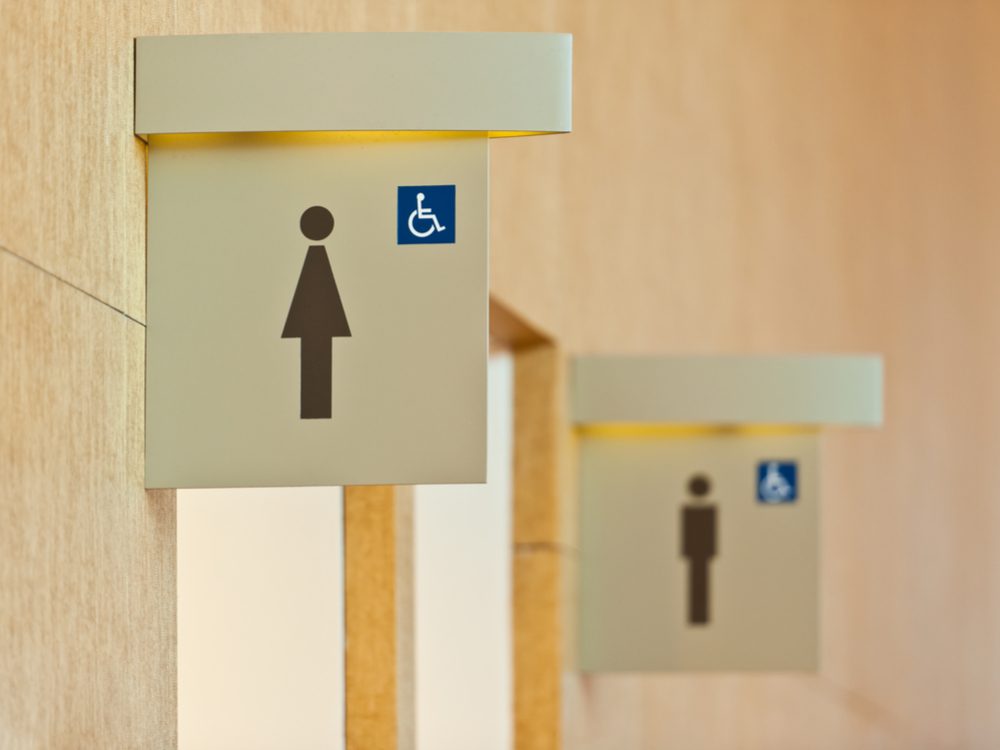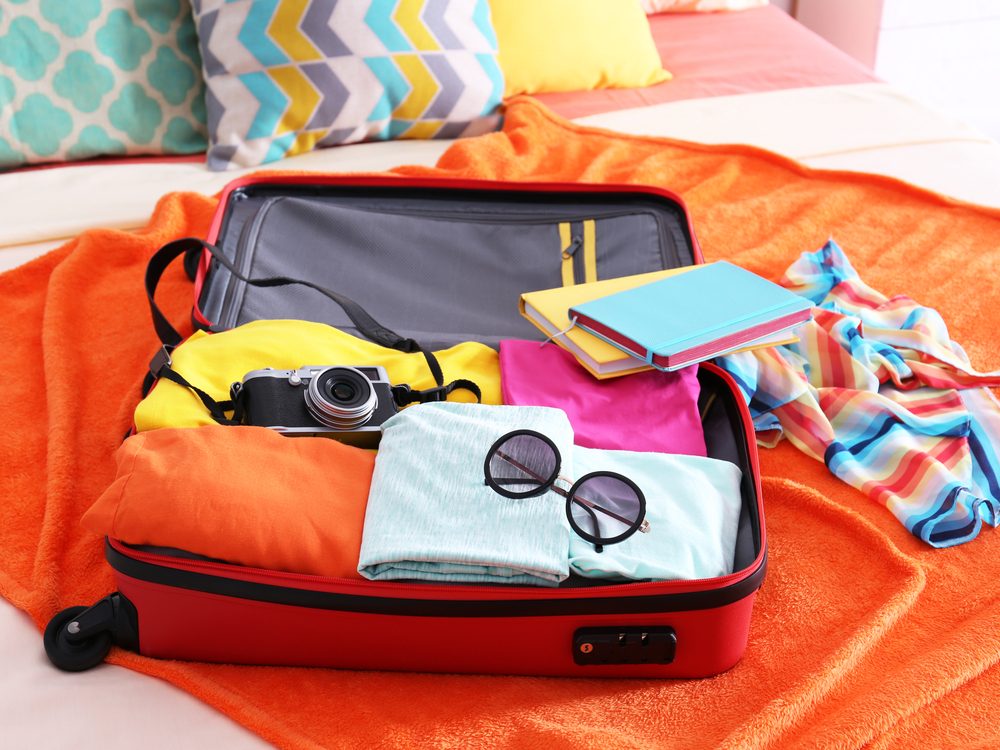
Almost 40 per cent of people get constipated when they travel
According to Connecticut-based gastroenterologist Ed Levine, MD, one big reason has to do with changes in your routine. Different meal times, a shifted sleeping schedule, or jet lag can throw off your body’s circadian rhythm and affect your digestive process. Another factor is what Dr. Oz famously called “safe toilet syndrome”—not being able to relax enough to use an unfamiliar bathroom. Depending the severity of symptoms and the length of your trip, travel constipation can simply be annoying or extremely uncomfortable.

Walk when you wake up
Exercise increases the motility of the GI tract, says Dr. Levine. (That’s why hospital bed rest causes constipation—you’re much less mobile than usual.) Take a morning stroll to sneak in at least a little activity while you’re away, especially if you’re at a beach or lake where there’s not a lot of sightseeing in your itinerary.

Don’t sit for long stretches
It’s tempting to not stop during a long road trip so you can get where you’re going sooner. But long periods with no movement can put stress on your bowels. Dr. Levine recommends frequent pit stops to stretch your legs, drink water, and give yourself time to use the bathroom if you need it.

Eat berries with breakfast
Fibre helps fight constipation by bulking up stool, making it easier to move through your GI tract. If you’re facing decadent vacation meals, it’s easy to forget to include it. But this sudden drop can clog you up, especially if you’re used to eating oatmeal for breakfast and salads at lunch. Commit to eating produce at every meal, plus a snack or two of fresh fruit, to keep your fibre intake adequate.

Find a routine
If you normally eat breakfast at 7:30 a.m., but don’t eat on vacation until 10:30 a.m, it can contribute to constipation. “Your stomach distends after meals, which sends a response to the colon to get rid of old stool,” says Dr. Levine. So a drastic change in your eating routine can throw off your usual bowel movement schedule. Going to bed and waking up as close to the times you do at home as you can will also help maintain your circadian rhythm, which helps regulate the hormones that play a role in digestion.
Check out Amber Mac’s 5 Tips for a Better Sleep on the Road.

Drink up
Being dehydrated is a risk factor for constipation, so be sure to take in more water intake than usual, especially if you’re travelling somewhere hotter or drier than the conditions at home. Water also helps fibre to be more effective in normalizing your bowel movements, according to the National Digestive Diseases Information Clearinghouse.

Schedule bathroom breaks
Ignoring the urge to go—say, because you’re waiting in line or you feel weird using a strange toilet—can sometimes lead to constipation, according to WebMD. If you know when you usually need a bathroom break, try to plan ahead to be near a place where you feel more comfortable making a pit stop.

Bring natural laxatives
If you know you’re prone to travel constipation, you can try to prevent this health hiccup by taking a stool softener or a laxative for a few days before you leave and while you’re away, WebMD recommends. Dr. Levine recently created a supplement, Good to Go, which contains a mix of natural laxatives meant to prevent traveler’s constipation that can be taken the morning of your trip and for the first few days.